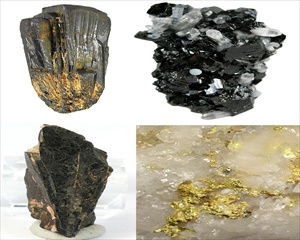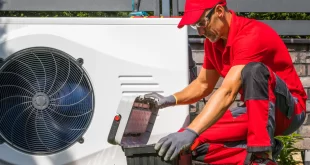What are ‘conflict minerals,’ and what do they mean?
The minerals trade could be used to support militant forces, fuel forced labor and other abuses of human rights, and assist corruption and money laundering in unstable political areas.
Tin, tantalum, tungsten, and gold, also referred to as 3TG, are so-called “conflict minerals” that could be present in everyday products including mobile phones and automobiles, as well as jewelry.
Consumers have a hard time understanding whether such a product they acquire is sponsoring violence, human rights violations, or other offenses in some other country.
Conflict mineral compliance tools aimed at training, capacity-building, and the recognition that a joint method allows companies to improve efficiencies and increase the beneficial impact of their actions on supply chains.
Conflict minerals are mined in which countries?
The following countries or locations are considered conflict-affected or high-risk:
Whose energy resources include minerals in high demand on a local, regional, or global scale.
Are you just in the midst of military confrontation, including such civil war, or are witnessing poor or non-existent administration and systemic gross human rights violations, especially human rights crimes.
Why would the EU support sustainable mineral procurement among its businesses?
Profits from the sale of 3TG metals and minerals could fall into the hands of armed groups or terrorists at several points all along the supply chain (for instance, mining, refinement, and transport).
This source of income could lead to the continuation of military confrontation, violence, and human rights abuses, especially in poor or unstable countries.
Assure that all these armed groups and criminals could no longer depend on the purchase of 3TG as a source of income:
Makes it more difficult for them to sustain their activities, and also addresses crimes against humanity.
What is the purpose of this proposed EU regulation?
The aim of the EU regulationExternal link is to:
make sure that EU distributors of 3TG (tin, tungsten, tantalum, and gold) abide by global ethical sourcing standards set by the Company for Economic Co-operation and Development (OECD); make sure that global and EU smelters and oil producers of 3TG source responsibly; help cause a rift among dispute and unauthorized mineral exploitation; and help to end the abuse and exploitation of communities, including coal miners, and support the local development.
The regulation covers the minerals and metals of the following types:
Gold, tungsten, tin, and tantalum all are metals.
The law mandates EU distribution network companies to guarantee that all these minerals and metals are now only imported from ethical and conflict-free sources.
Why are just four minerals protected by the EU regulation?
Tin, tantalum, gold, and tungsten are included by the EU regulation because they are the four minerals most companies linked to military conflicts and associated human rights violations, therefore it makes perfect sense to emphasize them.
To help fight the trafficking in conflict minerals, the regulation draws on well-established rules. These were developed in collaboration with industry, civilized society, and other governments by experts at the Organization of Economic Co-operation and Development (OECD), a grouping of 35 developed nations.
They’re described in a document called “Due Diligence Guidance for Responsible Supply Chains from Conflict-Affected and High-Risk Areas.” There seem to be two parts in the guideline that address tin, tantalum, and tungsten, as well as gold.
 Posting Point
Posting Point

